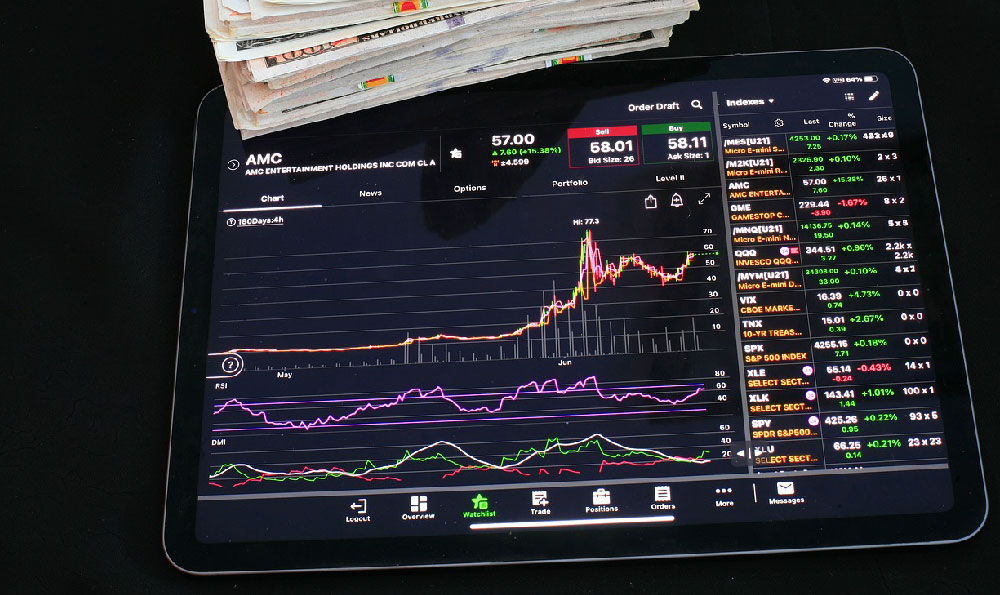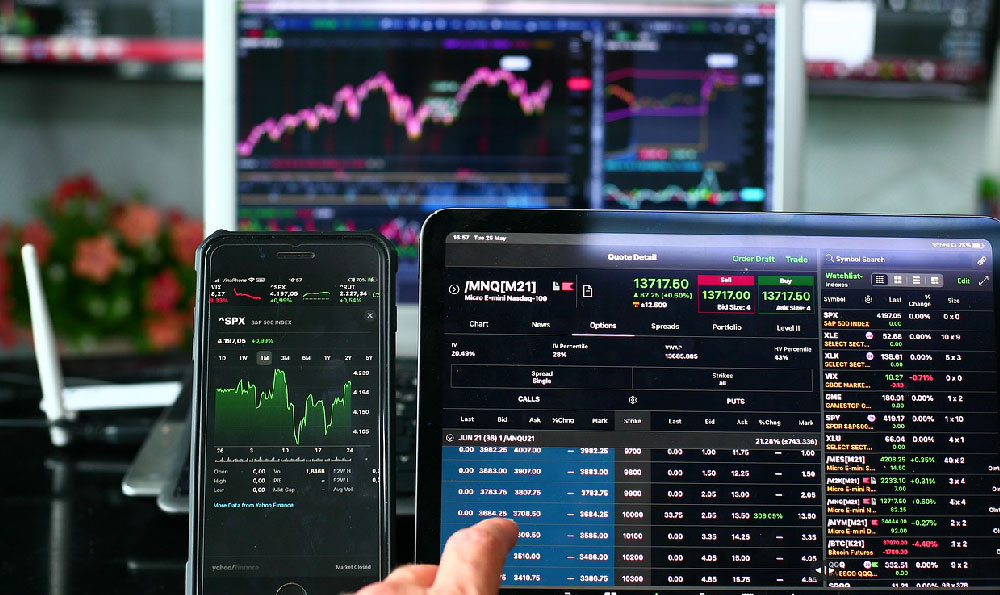The allure of magnets as a potential source of financial gain often stems from a misunderstanding of their physical properties and the broader applications within modern industries. While the idea of using a magnet to generate money may initially sound like a fringe concept, the reality is that magnets play a crucial role in various sectors, offering opportunities for innovation and profit when paired with strategic planning. The key lies in identifying how these materials can be integrated into existing markets or repurposed to create value through technological advancement, creative product development, or niche market exploitation.
One promising avenue is the integration of magnets into the renewable energy sector, particularly in the development of electric vehicles (EVs) and wind turbines. Magnets are essential components of the electric motors used in EVs, enabling efficient energy conversion and performance. The global shift toward sustainable transportation has created a surge in demand for high-quality magnetic materials, especially rare earth elements like neodymium, which are critical for producing strong permanent magnets. Entrepreneurs could explore partnerships with EV manufacturers or invest in magnet production facilities, leveraging the industry's rapid growth to generate returns. Additionally, wind turbines rely on magnet-based generators to convert kinetic energy into electricity, and as countries expand their renewable energy infrastructure, the need for reliable magnetic components will continue to rise.
Another opportunity lies in the creation of magnet-powered devices and gadgets for everyday use. For example, magnetic levitation (maglev) technology has been applied in transportation systems, but its potential extends to consumer electronics. Developers can design magnetic-based storage solutions, such as compact data drives that use magnetic fields for data retention, or even magnetic-powered toys that offer interactive entertainment. In the realm of health and wellness, magnet therapy devices have gained traction in alternative medicine, with products like magnetic bracelets, mattresses, and saunas marketed for their purported ability to alleviate pain or improve circulation. While the scientific validity of these claims may be debated, the commercial appeal remains strong, and a well-researched product line could attract specific demographics willing to invest in holistic health solutions.

The entertainment industry also presents unique possibilities. Theme parks and immersive experiences often incorporate magnetic elements for attractions like ride systems, interactive exhibits, or augmented reality applications. By focusing on the design and engineering of magnetic-powered rides or educational installations, entrepreneurs can tap into the tourism sector's demand for innovative and visually captivating experiences. Moreover, the gaming industry has seen a rise in magnetic-based accessories, such as magnetic grips for controllers or magnetic storage solutions for high-speed data transfer in gaming consoles. These niche markets, though smaller in scale, may offer higher profit margins due to their specialized nature.
In the field of industrial manufacturing, magnets can be used to optimize production processes. For instance, magnetic separation systems are employed in recycling plants to extract valuable materials from waste streams, and as sustainability becomes a priority for businesses, the demand for such technologies will grow. Similarly, magnetic clamping tools are used in machining and assembly processes to secure materials without the need for traditional fasteners, reducing costs and improving efficiency. Entrepreneurs with expertise in manufacturing or engineering could develop customizable magnetic solutions for companies looking to enhance productivity while minimizing environmental impact.
The digital age has also opened new prospects for magnet-based businesses. Magnetic storage technology, though increasingly supplanted by solid-state drives, still holds relevance in specialized applications such as archival storage or vintage electronics. Developers could explore the creation of magnetic memory devices for niche markets, catering to collectors or professionals working with legacy systems. Furthermore, the growing emphasis on green technology has led to innovations in magnetic materials, such as neodymium-iron-boron (NIB) magnets used in energy-efficient appliances. Companies specializing in the production of these magnets could benefit from the enduring demand for energy-saving solutions.
Another angle is the development of magnetic-powered toys and games. The market for educational toys has expanded significantly in recent years, with parents seeking products that foster creativity and problem-solving skills. Magnetic building blocks, puzzles, and kinetic sculptures offer a tangible way to engage children with hands-on learning, while also capitalizing on the popularity of STEM (science, technology, engineering, and mathematics) education. These products often have a high profit margin due to their relatively low production costs and appeal to a broad consumer base.
Ultimately, the profitability of a magnet-related business hinges on understanding the intersection of technology, consumer demand, and market trends. While the core material may not be a direct source of income, its application in various industries can create multiple avenues for financial gain. Success in this field requires not only a deep knowledge of magnetic properties but also the ability to identify gaps in the market, innovate with existing technologies, and execute a solid business strategy. By aligning their efforts with industries that are evolving or expanding, entrepreneurs can transform magnets from an overlooked resource into a powerful tool for generating wealth.












